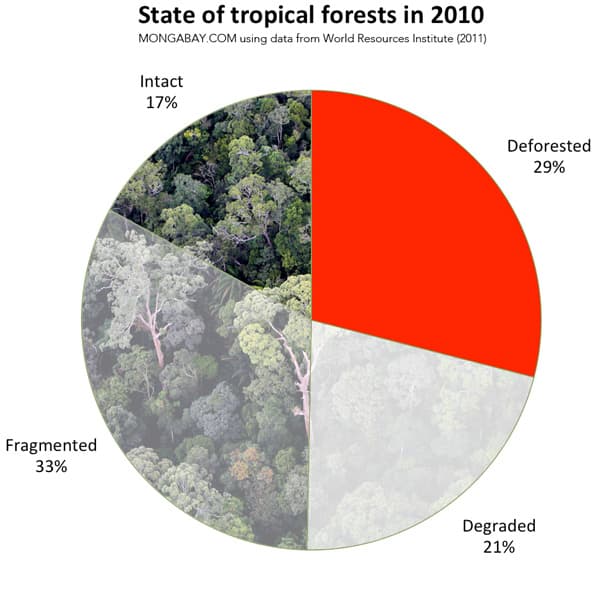Advocate: Return land titles
By Grace Auka Salmang, Post Courier

FOR development to be fully recognised in Papua New Guinea, it must be initiated and collectively agreed by the landowner themselves, says John Chitoa from the Bismarck Ramu group.
"We are therefore demanding that the PNG government cancel all SABLs and return the titles to their customary landowners.
"We are also demanding for investors to stop corrupting our leaders in the pretext of investment," Mr Chitoa said.
Pacific Network on Globalisation (PANG) representative Serah Aupong said in a statement that land for the people in the Pacific was much more than a commodity; it was a source of welfare, livelihood, identity and a social safety net.
"As we continue to struggle for essential services for the majority of the people, access to customary land fulfills our basic needs,’’ Mr Aupong said.
"The complicity of the government of PNG to allow this theft of land to continue is a gross injustice that demands immediate attention and correction.’’
The film revealed that PNG has the most equitable distribution of land on earth and yet there is lack of proper awareness to landowners and in many deals they were blatantly misled about what would happen to their land.
Despite the alarming findings from the report, the O’Neill government has not taken any concrete or decisive action to cancel deceptive land deals, illegal logging, nor return land to customary owners, instead the PM has confirmed the official policy of "freeing up land for development" and "unlocking it for productive use’’ as the first priority of the government’s development strategy which aims to develop agriculture plantations, primarily oil palm.
With this strategy, the government plans to reduce the amount of customary land from 97 per cent from 2009 to 80 per cent by 2030.
With the SABLs, it has reached its 2020 goal nine years ahead of the schedule.
The report stated that this massive amount of land, nearly one-third of the country’s 46 million hectares is now in the hands of foreign owned and operated corporations, mostly for logging.
